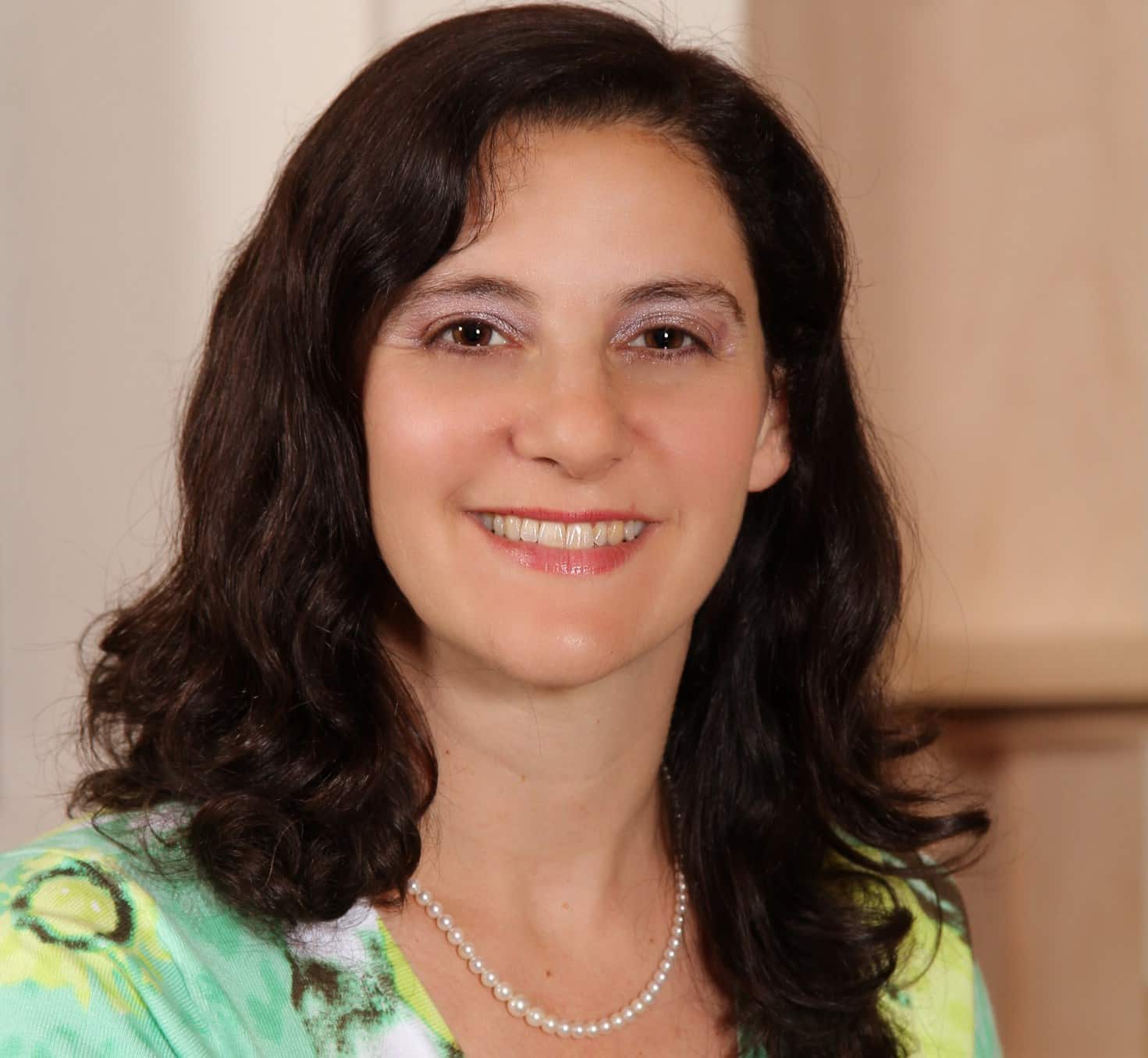Last night, I gave my nine-year-old son, Jeremy a practice spelling test to prepare him for his spelling exam. “Me too,” said my six-year-old daughter Hannah, insisting that I give her a practice spelling test too. She says this refrain many times each day. Wherever Jeremy goes, Hannah wants to go. Whatever Jeremy has, Hannah wants. Perhaps, we should just call her, “Me Too.”
In light of Hannah’s habit, a passage from this week’s Torah portion resonated with me this year as never before. The portion is called Toledot, which means generations, and it recounts the transmission of blessing from one generation to the next. Elderly and blind Isaac decides that the time has come to bless his first-born son, Esau, and asks him to prepare a meal for him to eat before giving the blessing. Instead, Jacob comes with the meal disguised as Esau and receives the blessing. When both Esau and Isaac discover what has happened, Esau burst into “wild and bitter sobbing” and desperately asked his father, “Me too?!”
Esau said to his father, “Don’t you have a blessing reserved for me?” Isaac answered helplessly that he had already made Jacob master over him and given him grain and wine, “What can I do, my son?” Again, Esau heart-wrenchingly responds, “Have you only one blessing, father, me too, my father,” and he wept aloud. After this request, Jacob did give him a blessing, which wasn’t much of a blessing, and Esau was furious with his father.
In reading this story as a parent, I felt tremendous sympathy for Esau and disappointment with Isaac. Why couldn’t Isaac have honored his son’s, “Me too”? Why couldn’t he have composed a blessing for Esau which suited his own unique traits and capabilities? Why didn’t he feel that there was enough blessing to go around?
In her book, We Plan, God Laughs, Rabbi Sherre Hirsch writes that often: “we act like there is a limited supply of beauty, love, friendship, success, and meaning in the world.” She explains that “a mentality of scarcity” can lead to jealousy or feeling the need to belittle others’ success. However Hirsch argues that “when we are on our divine path, it no longer feels like there are a limited number of pieces in the pie.” In shifting to a mentality of abundance, we can celebrate rather than feeling threatened by other’s achievements. Isaac apparently suffered from a mindset of dearth which he transmitted to his sons.
As parents, we need to honor the “me too”s of our children. I understand Hannah’s longing not as a desire to copy her brother but rather as a commitment not to miss out on any joy. The Talmud states that in the world to come, a person will be called to account for having deprived oneself of the good things which the world offered. Like many younger siblings, Hannah instinctively understands this teaching. She refuses to be a wallflower but wants to grab onto all the wonders of life.
Inspired by Hannah, I also have to accept my own “me too”s – the moments where I need a little treat for me – whether that’s dinner out or an hour to unwind after a long day. Lately, I’ve been dancing in the backyard in the morning which has proven to be both good exercise and a way to begin my day in good spirits.
When life presents blessings, like Esau and Hannah, I say “Me too.”























 More news and opinions than at a Shabbat dinner, right in your inbox.
More news and opinions than at a Shabbat dinner, right in your inbox.